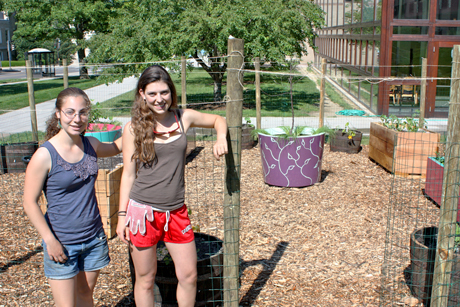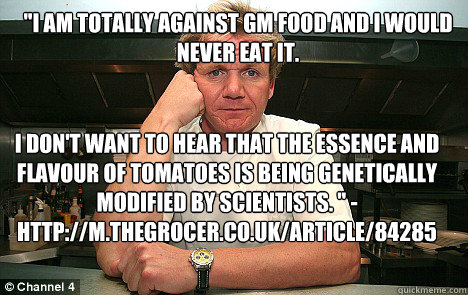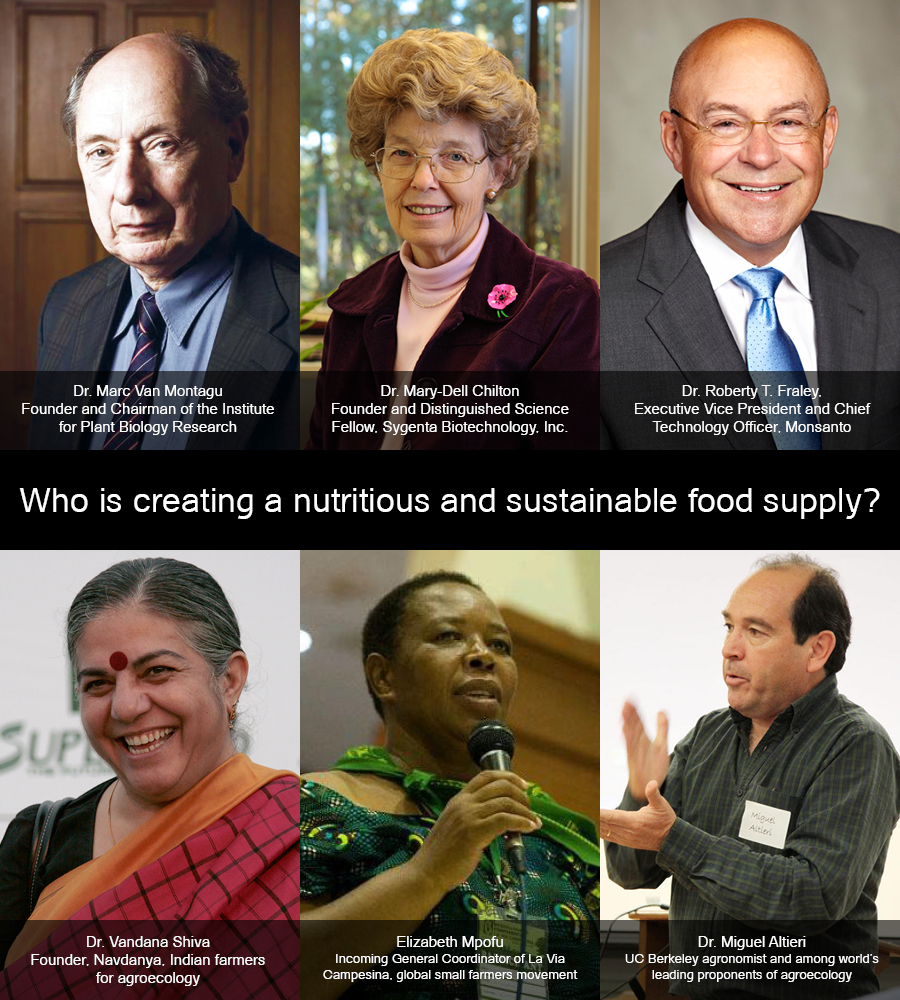excellent article
tracing the roles of corporate death merchants
By Dr Brian Moench, Truthout | Op-Ed
"Enter Monsanto. Forbes Magazine gave Monsanto its "Company of the
Year Award" in 2009. Perhaps it is no surprise that readers of Natural
News overwhelming awarded Monsanto a slightly different award, "World's
Most Evil Corporation." What has Monsanto done to achieve this lofty
perch? None other than seek to monopolize the world's food supply with
expensive genetically modified (GM) seeds that have to be purchased each
year and require expensive and toxic pesticides, which Monsanto also
happens to produce. It doesn't take the geniuses at Forbes magazine to
figure out that if you own the rights to all the food grown everywhere,
you literally rule the world.
In pursuing this business model, Monsanto has managed to do more
damage to the world's food supply and public health than any other
single entity. About 90 percent of all US-grown corn, soybeans, canola,
and sugar beets are genetically modified versions, which means that
virtually all processed food items contain at least one or more
genetically modified ingredients. You simply cannot avoid Monsanto's
genetically modified food, no matter how hard you may try.
Exactly none of the supposed benefits of GM crops - increased yields,
more food production, controlled pests and weeds, reductions in
chemical use in agriculture or drought-tolerant seeds - have actually
materialized. The Global Citizen's
report on the State of GMOs
points out that, in fact, the opposite has occurred. GMOs have resulted
in greater pesticide use and the predictable emergence of herbicide
resistant super weeds. In fact, 130 types of weeds in 40 states are now
herbicide-resistant, increasing costs, cutting yields and leading to the
use of more powerful and increasingly toxic chemical herbicides.
Numerous studies with animals and humans call into serious question
the safety of GMOs - even disregarding the added pesticide exposure. In
particular, Monsanto's Bt toxin, the genes of a toxic bacteria inserted
into the seed DNA of corn, soybeans, sugar beets, squash and cotton,
kills insects by splitting open their stomachs when they bite on the
plant. Monsanto claimed that Bt toxin is broken down in the human
digestive system, so "don't worry, be happy." A new study shows that
claim to be Monsanto
propaganda.
When humans eat Bt toxin, it transfers into the DNA of bacteria living
inside our intestines, which continue to function like mini-pesticide
factories. Blood samples from 93 percent of pregnant mothers and 80
percent of fetuses show the presence of active Bt toxin.
Studies in humans are limited, something much to Monsanto's liking.
But numerous animal studies have linked Bt toxin and GMOs to allergic
reactions, infertility, immune dysregulation, gastrointestinal and
kidney disease, and accelerated aging (
1). There is circumstantial evidence in animals and humans that GMOs may be contributing to the
epidemic of autism. Calling
for a moratorium on GM foods, the American Academy of Environmental
Medicine (AAEM) in 2009, citing several animal studies, concluded,
"There is more than a casual association between GM foods and adverse
health effects," adding, "GM foods pose a serious health risk in the
areas of toxicology, allergy and immune function, reproductive health,
and metabolic, physiologic
and genetic health." The
consensus among scientists at the FDA was that GMOs are dangerous, but
key Monsanto executives, appointed to federal agencies under multiple
administrations,
including Obama's,
squashed that information. For example, Obama appointed Michael Taylor,
Monsanto's former vice president, as food safety czar at the FDA.
That’s like having a tobacco executive crafting regulations on
cigarettes.
Virtually every branch of the US government, including the Supreme
Court and the World Bank, has acted as Monsanto's handmaiden, often
times using
taxpayer money
to do so. Monsanto's ruthless business practices, high seed prices and
vicious legal attacks have played a key role in the disappearance of
small and medium-size farms, bankrupting small farmers and driving world
agriculture further toward huge monocultures and complete control by a
handful of agribusinesses and food-processing corporations. There is a
growing epidemic among small farmers in many countries, especially
India, where in the past 16 years, well over 250,000 have committed
suicide, most of them small cotton farmers where Monsanto controls 95
percent of the cotton seed and makes its living off of suing farmers
trapped in debt."








 proponent
of NY State agriculture — to “serve food, not fracking.” Chef Batali
and Chef Telepan, along with myself and many other chefs, restaurateurs,
farmers, brewers, vintners, and other food professionals, have come
together to protect our regional foodshed from the dangers of hydraulic
fracturing for natural gas (fracking) through the campaign,
proponent
of NY State agriculture — to “serve food, not fracking.” Chef Batali
and Chef Telepan, along with myself and many other chefs, restaurateurs,
farmers, brewers, vintners, and other food professionals, have come
together to protect our regional foodshed from the dangers of hydraulic
fracturing for natural gas (fracking) through the campaign, 





%20NO%20LOGO.jpg)


















 In honoring the seed biotechnology industry, this year's
In honoring the seed biotechnology industry, this year's 







